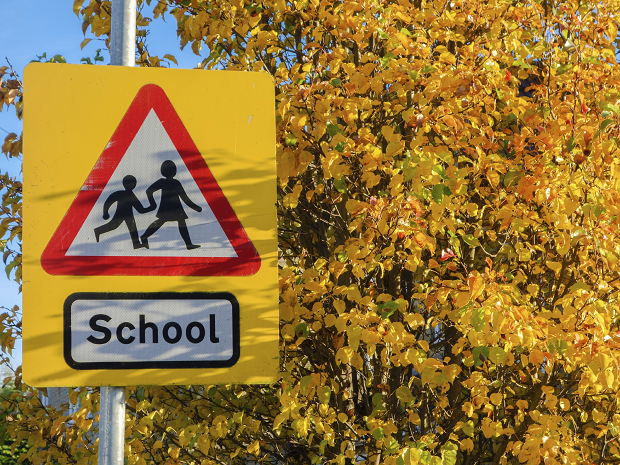
Today’s news review examines coverage of our new free schools announcement, and of claims schools are misspending the pupil premium.
New schools
Today, Wednesday 12 April, we announced the approval of 131 new free school applications. This is the largest wave of approvals this parliament, meaning we are on course to open our target of 500 new free schools by 2020.
This announcement has had widespread attention from the media, with coverage from BBC Online, Guardian, TES, Mirror, Daily Mail, and Schools Week. Local coverage included the Yorkshire Evening Post, Kent News and the Swindon Advertiser.
Free schools are one of the highest performing group of non-selective state schools, with 29 per cent of those inspected rated outstanding by Ofsted.

Since 2014, more than 80 per cent of mainstream free schools have been approved in areas where there was a need for more school places while others are opened in response to parental demand to create competition and drive up standards where existing provision is not adequate.
Today’s approvals build on the government’s strong record in creating more good school places. Already, there are 1.8 million more children in good or outstanding schools compared to 2010.
The new approvals also demonstrate the government’s determination to tap into the expertise that already exists within the school system to ensure standards continue to rise.
Education Secretary Justine Greening said:
We need schools that can bring out the best in every single child no matter where they're growing up, how much their parents earn, or however different their talents are.
That's why these new schools are so important - they give us the school places we need for the future, and they also give parents more choices to find a great school place in their area that's right for their child.
School funding
Today, Wednesday 12 April, the Sutton Trust released results from a poll suggesting a third of headteachers are using their pupil premium funding to fill gaps in their general school budget.
This claim that a squeeze on budgets is seeing schools take money meant for disadvantaged students to meet shortfalls was covered by the Independent, TES and BBC Online. It also featured on BBC2’s Victoria Derbyshire Programme.
While we recognise that schools are facing cost pressures, we are offering support to help them use their funding in the most cost effective ways. Importantly, we have protected the core schools budget in real terms since 2010, with school funding at its highest level on record at almost £41 billion in 2017-18.
In January last year we launched a package of support to help schools become more efficient and financially healthy. We have now published a School Buying Strategy to support schools to save over £1 billion a year by 2019-20 on their non-staff spend.
This year we are spending £2.5 billion through the pupil premium. Under the proposed national funding formula we are also increasing the money for pupils from low-income backgrounds.
We are also recognising disadvantage in a broader sense than before, targeting additional funding to pupils who might not be eligible for free school meals, but whose families are still struggling to get by.
We provide schools with guidance on how they should spending the pupil premium – spending for which they are held to account by Ofsted.
A Department for Education spokesperson said:
The pupil premium – worth £2.5 billion this year – is helping the most disadvantaged pupils and closing the attainment gap at both primary and secondary level. All schools are trusted to use this premium to ensure it meets the needs of their students and are held to account by Ofsted for how disadvantaged pupils benefit from the extra funding.
School funding at its highest level on record at almost £41 billion in 2017-18 – and that is set to rise, as pupil numbers rise, to £42 billion by 2019-20.
We recognise that schools are facing cost pressures and we will continue to provide support to help them use their funding in cost effective ways. This includes improving the way they buy goods and services and our recently published School Buying Strategy is designed to help schools save over £1 billion a year by 2019-20 on non-staff spend.
See the full list of Wave 12 successful free school applications here.